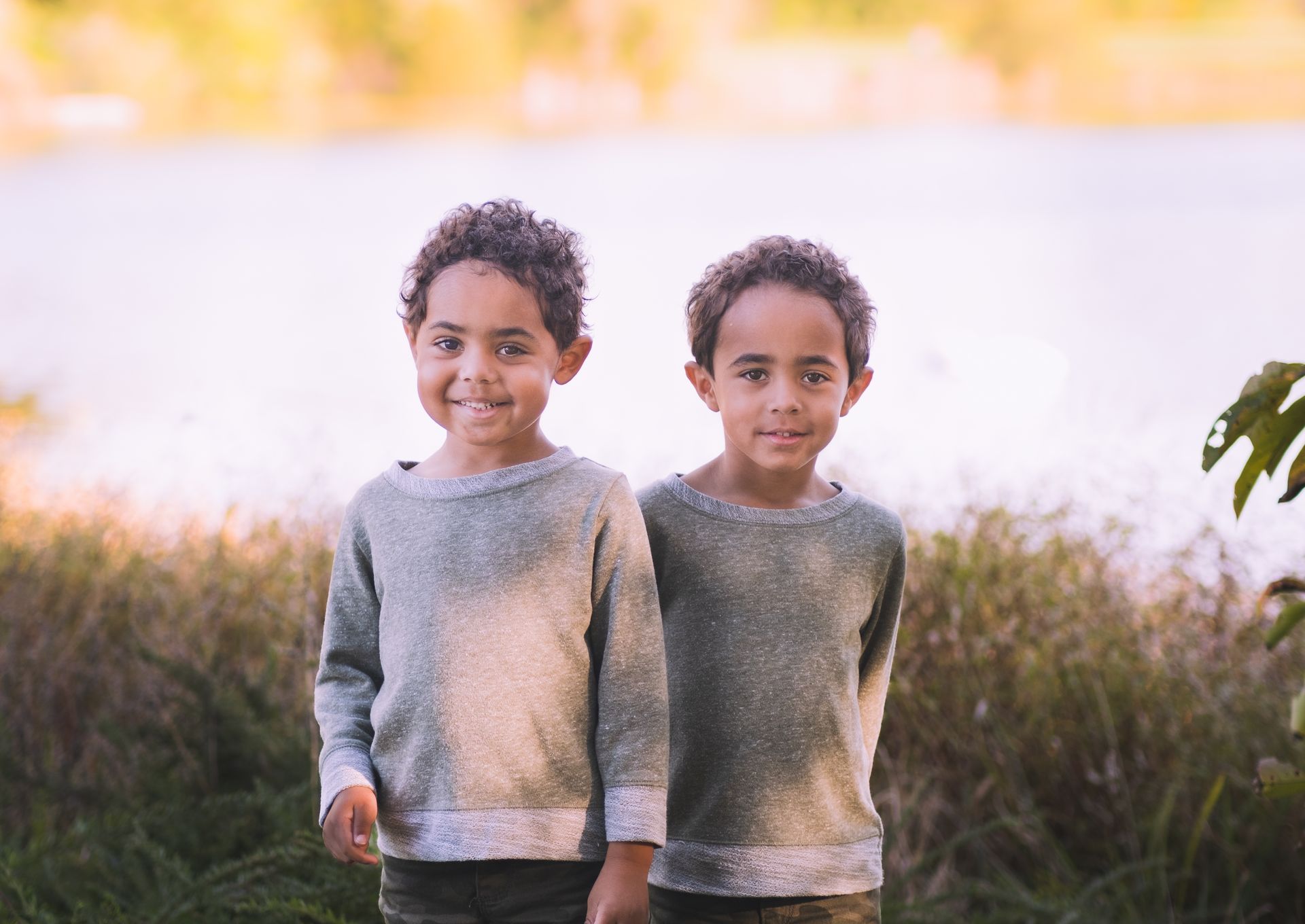ADOPTION & ART ATTORNEYS IN MARYLAND, DISTRICT OF COLUMBIA & VIRGINIA
What is Artificial Twinning and Why is it So Controversial?
Artificial twinning is a term you may hear if you are planning to introduce a child or children into your family who are of similar age. For example adopting two children close in age at the same time born to different birth parents. Though it is controversial, all families should make their own informed decisions about artificial twinning.
What Is Artificial Twinning?
It can be confusing to look for information on artificial twinning because there are several very different definitions, all of them in use from different sources. “Artificial twinning” is not a subject state adoption agencies generally publish an opinion on, but you may hear about it from adoption agencies and others.
Artificial twinning occurs when you adopt a child who is within nine months of age of another child in your family, whether adopted or biological. The similarity in age may seem to help the children to get along better in the short run, but conflict can arise during various developmental milestones.
Artificial twinning is considered especially risky when the newly adopted child is older than the current child. This is called “birth order disruption” and can lead to resentment.
Why Is Artificial Twinning Controversial?
Artificial twinning is entered into with the best of intentions, but it can sometimes create challenges for both the parents and children, especially as kids grow up. Some social workers feel it disrupts the place of the child already in the family, raising the risk of negative outcomes.
One concern that can influence the mental health of artificial twins is comparisons that arise between them. Even when the home environment is very supportive, these “twins” will be compared regularly when they interact with their peers, their teachers, and other adults outside the family despite not being genetic twins.
When the children involved are young, artificial twinning also raises the possibility of concealing the facts of one child’s adoption from both children. This is often seen as a way to help each younger member of the family stand on an equal footing, but it might have unintended long-term effects.
In adulthood, some adoptees have said that being artificially twinned was a source of distress in their childhoods and made it more difficult to come to terms with their identity as an adopted person once it was time to develop their own perspective outside of the family that raised them.
Likewise, children who start out in similar developmental phases may diverge in the teen years, even if they are only eight or nine months apart. This often raises questions and creates distress.
If you are adopting a child from another country, many experts caution you to carefully consider the adoption approach that will work best for you. Cross-cultural artificial twinning may draw attention from adults and children outside the family. That might foster conflict at school and other environments where parents have limited influence, potentially raising questions for adopted youth.
An Adoption Attorney Can Help You Make the Right Choices for Your Family
The points raised by adoption agencies and others about artificial twinning all have the same goal at heart: A positive, healthy experience for every child, where they enjoy loving attachment within their family. Each family is different, so exactly how that looks will vary for everyone. Contact us today to learn more about growing your unique family through adoption.





“We believe in working with each of our clients—in support of their family dynamic—to make the dreams of parenthood a reality. Whether you are single or married; or gay; a step-parent, a surrogate or intended parent or a child of adoption, it is our mission to serve as your advocate. With a dedication to the ethical and sensitive nature of each situation, we will help you understand the laws within Maryland , Virginia and Washington, DC for adoption or surrogacy, and pledge to be your partner throughout the journey.”
- Modern Family Formation Law Offices
CONTACT
All Rights Reserved | privacy policy







